According to the National Cancer Institute, skin cancer is the most common type of cancer. While we all want to enjoy the outdoors, increased fun in the sun no matter the time of year means an increased risk for skin cancer if proper precautions aren’t taken. As New Jersey’s only National Cancer Institute-designated Comprehensive Cancer Center, Rutgers Cancer Institute, together with RWJBarnabas Health, provides comprehensive multidisciplinary care to patients diagnosed with skin cancer and helps individuals learn about skin cancer awareness and prevention. Skin cancer is preventable. Learn about measures to protect our skin from exposure to harmful ultraviolet (UV) rays that can increase the risk of developing sun related skin cancer.
Highlights
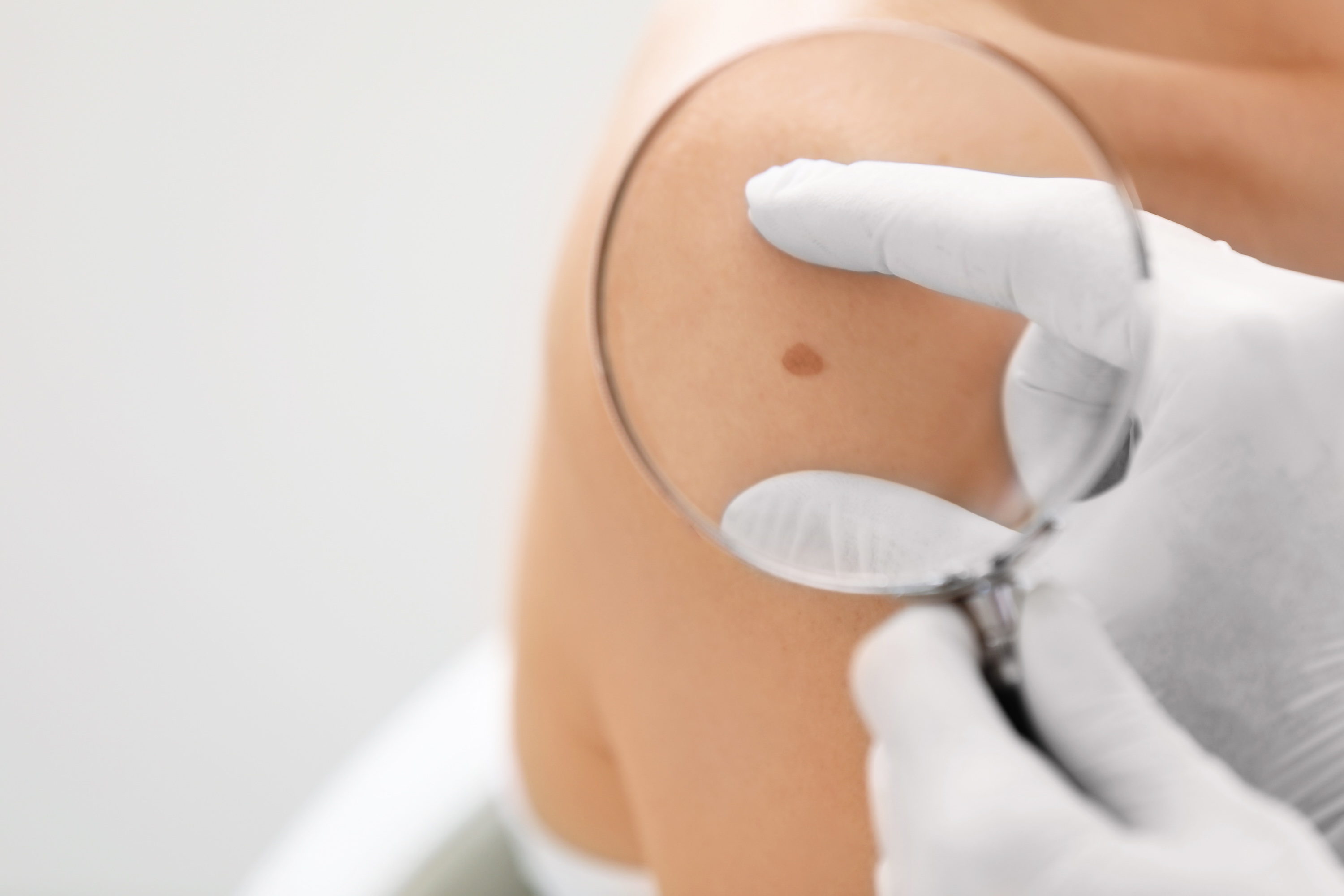
Skin-Saving Solutions: The Power of Radiotherapy for Treating Skin Cancers
If basal cell or squamous cell skin cancers are detected early, they can often be treated surgically with excellent results. However, radiation therapy, a cancer treatment that uses high-energy x-rays or other types of radiation to kill cancer cells, may also be part of a patient’s treatment plan.
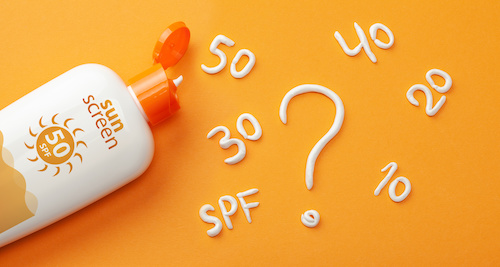
How Common is Skin Cancer? And More Questions You’re Afraid to Ask
Sarah Weiss, MD, medical oncologist at Rutgers Cancer Institute and associate professor of medicine at Rutgers Robert Wood Johnson Medical School, answers questions about skin cancer and sun protection that you may be wondering.
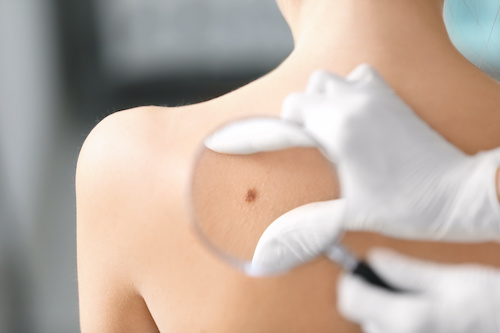
Check your Health: Sun Safety & Learning your ABCDE’s
With an estimated 5.4 million skin cancer diagnoses in the U.S. every year according to the American Cancer Society, it is important that you not only protect yourself from the sun’s ultraviolet (UV) rays, but also regularly check your skin for anything out of the ordinary.

Frequently Asked Questions on Staying Safe in the Sun
According to the American Cancer Society, each year, more than 5.4 million basal cell and squamous cell skin cancers, which are the most common and are often related to sun exposure, are diagnosed in the United States. While skin cancer can be detrimental, it is also highly preventable.
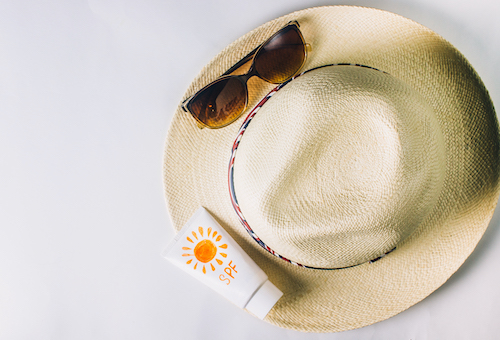
National UV Safety Month
Summer is here, and while we all want to enjoy the outdoors, it is important to take measures to protect our skin from exposure to ultraviolet (UV) rays that can increase the risk of developing sun-related skin cancer. By learning about the risk factors associated with skin cancer and how to protect yourself and your family, everyone can enjoy the season safely.

Sun Safety: Planning is Your Best Protection
As we spend greater time outdoors throughout the year, we place ourselves at risk for over-exposure and cumulative, toxic effects of the sun that can eventually promote the growth of skin cancers. Adopting a common-sense approach to prevention through lifestyle choices that include sun-protective measures and limiting time outdoors will reduce your risk of developing skin cancer.
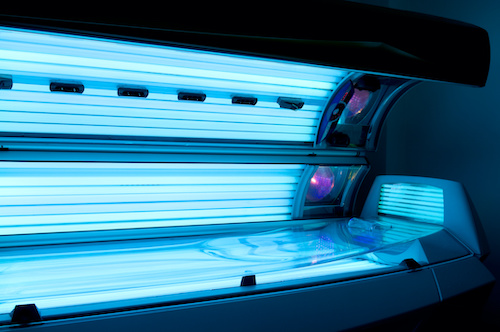
Tanning Beds and Skin Cancer: Heeding the Call to Action
Researchers at Rutgers Cancer Institute recently addressed the importance of increasing efforts to limit indoor tanning among minors in a viewpoint paper published in the April 28 2021 online edition of JAMA Dermatology.

What's Your Sun Safety IQ?
Sun safety is not just for vacation. Are you sun-safe every day? Take the American Cancer Society's quiz and find out.

